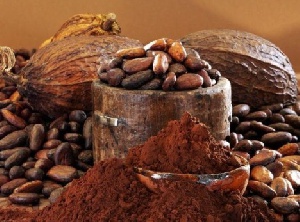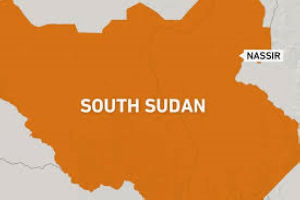Business Finder can confirm that two Licensed Buying Companies (LBCs) of Cocoa have shut down their operations while six of them which have been dormant for the last one and half years are on the verge of collapse.
This is said to be due to an unfavourable policy from the regulator, COCOBOD.
President of the Licensed Cocoa Buyers Association, Mr Samuel Anane told this paper that more companies could follow suit if COCOBOD does not reverse the ‘seed-fund guarantee’ policy that allows only universal banks to provide guarantee for LBCs.
Mr Anane, however, declined to mention names.
Already, a little over 10,000 workers with the LBCs have lost their jobs this year alone. They include 7,000 field staff and 3,000 office and administrative staff.
The hardest hit firms are Abrafo, Abapa and Farmer Star all based in Accra, Fortune Free in Kumasi and Akotech in Cape Coast.
Mr Anane emphasized that about 5,000 more workers are expected to follow suit if the Finance Ministry does not intervene immediately.
“The Finance Ministry should set up a committee to investigate the unfavourable policy by the COCOBOD. We want the Finance Minister, Seth Terkper, to immediately investigate the distribution of seed funds amongst LBCs since the performance criteria used by COCOBOD is a wrong indicator.”
According to him, “the seed-fund guarantee is only GH¢150 million which is woefully inadequate for the LBCs; the LBCs need between GH¢1.5 billion and GH¢2 billion guarantee.”
Trade capital for the cocoa industry is huge and, therefore, the commercial banks cannot fund cocoa guarantees alone.”
He added that “our commercial banks are so liquidated to guarantee for GH¢500 million…even if it is a consortium of six banks or 10 banks they cannot make it.”
He urged COCOBOD to reverse the policy and give opportunity to non-bank financial institutions to support the industry so that it does not collapse.
Mr. Anane also expressed concern about the way some smaller LBCs have been sidelined from the seed-fund guarantee, adding, “for instance if a smaller LBC asks for a guarantee of GH¢10 million, it is only given GH¢1 million guarantee. The smaller LBCs are therefore suffering and losing out to the bigger LBCs which mostly are foreign owned.”
Some market watchers believe the aforementioned concerns have contributed negatively to the performance of cocoa production in 2015.
Even though figures are yet to be disclosed, Ghana was likely to miss COCOBOD’s revised downwards cocoa purchases target of 750,000 tonnes for the 2014/15 (October 2014 to September 2015) crop year.
Reports indicate that cocoa purchases were well below 700,000 tonnes when it was only left with a month to the close of the season.
Business News of Thursday, 29 October 2015
Source: The Finder













